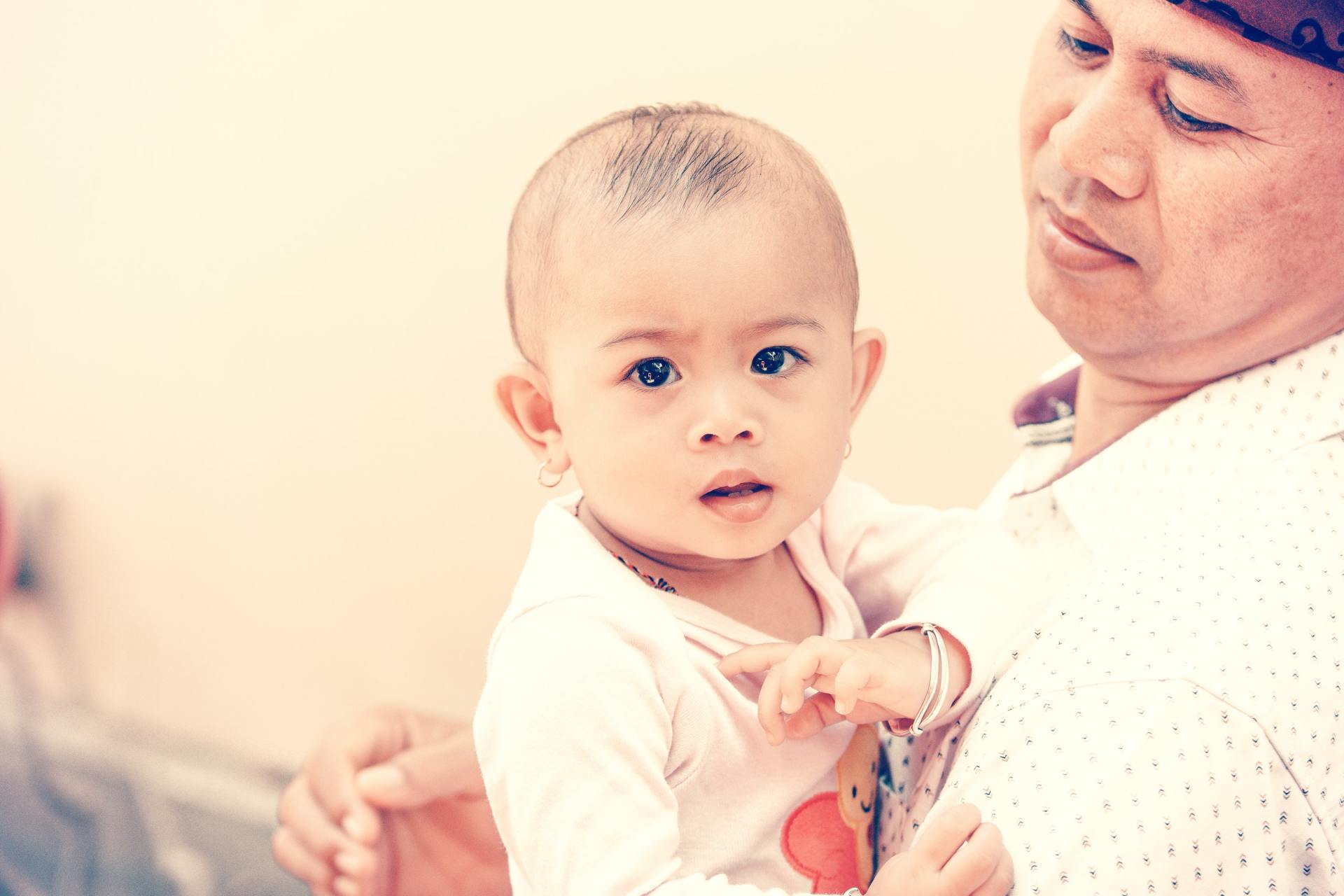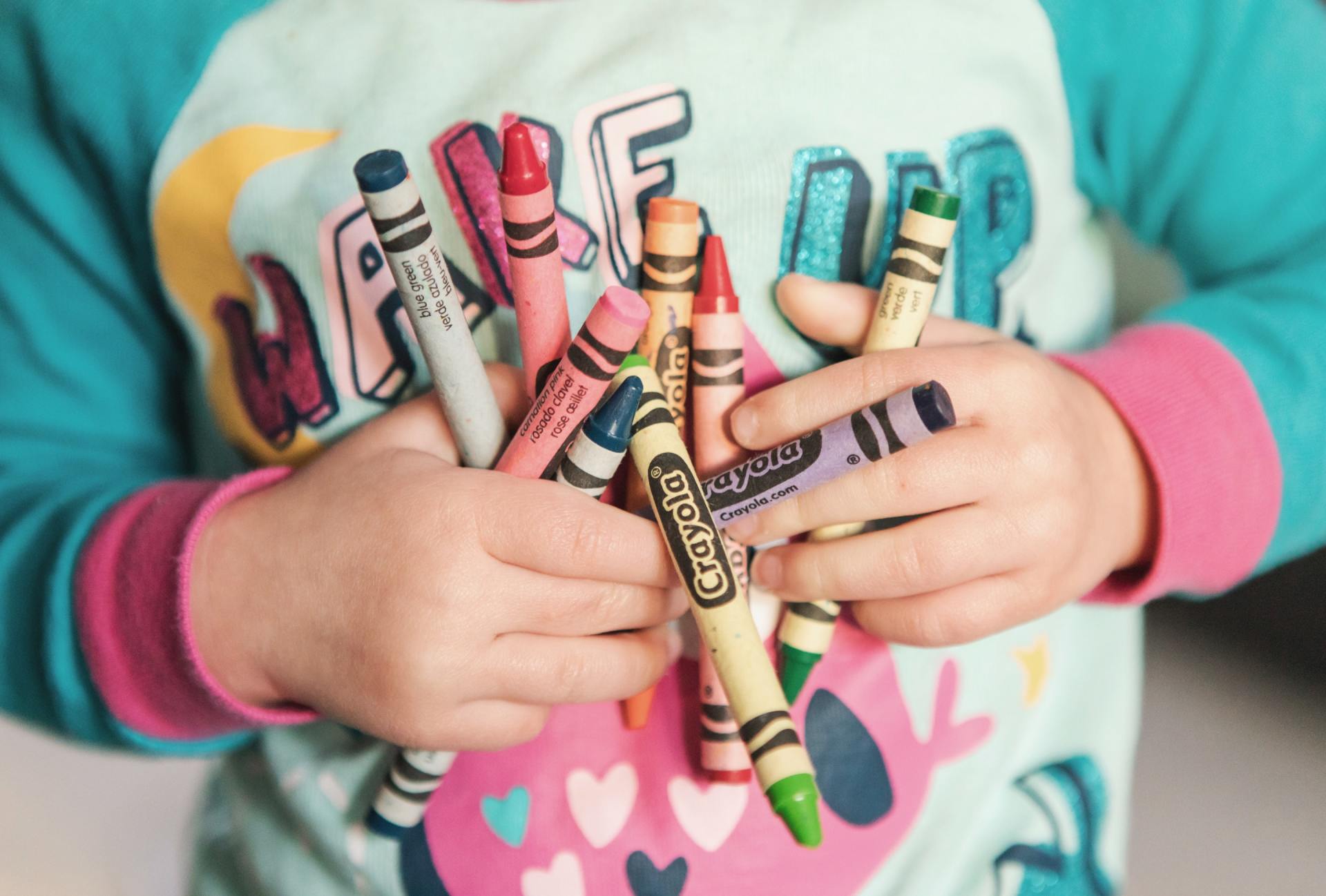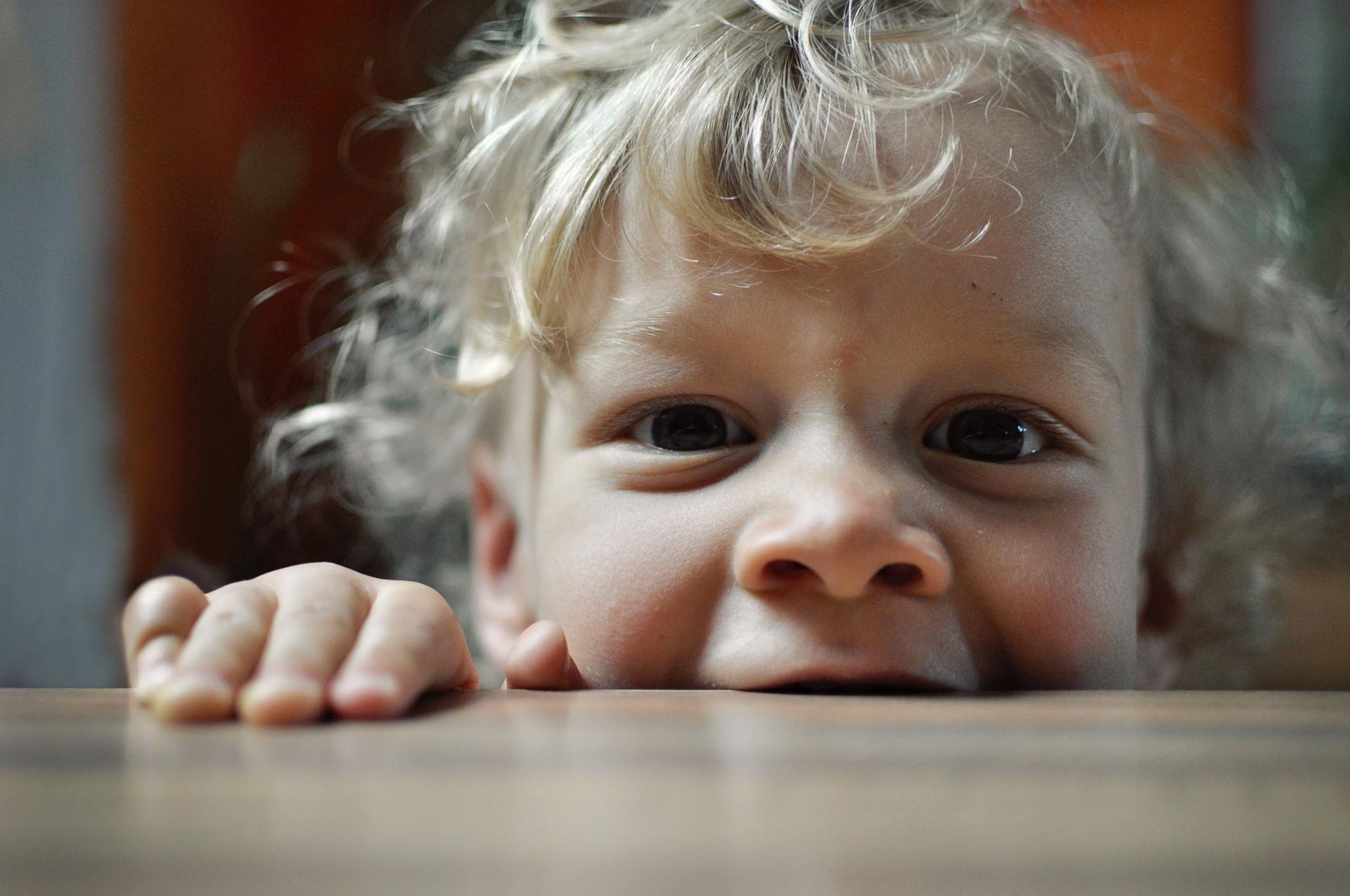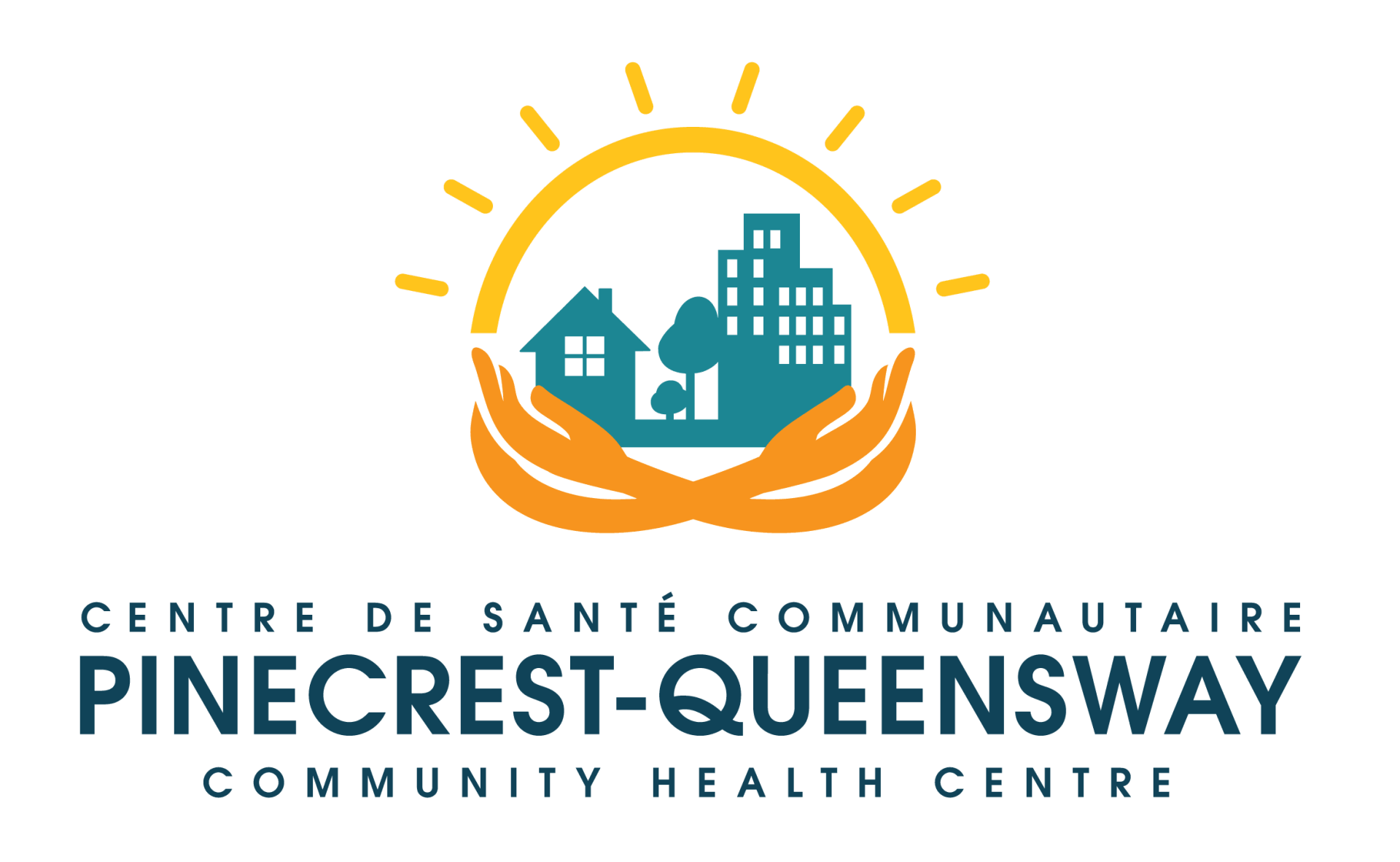Prevention, early identification and intervention of speech and language problems.
Developing Language Through Television and Videos
Speech-Language Pathologists : Sharon Fotheringham, Patricia Marek-Thornton, Brenda Oleszko • May 06, 2020
Talk With Your Child In Your First Language - A Primary Language Literacy Project
Most children like to watch television and videos. Television is one way children can learn new words and ideas.
It is important to talk with your children about what they are watching. Remember to talk in your FIRST language to help your children develop strong language skills.
Television and videos are in most homes today. Children can learn from television and videos if we guide them in making good choices.
Young children under 2 years do not learn much from watching television and videos. * The Canadian Pediatric Society recommends NO screen time for children under the age of 2 years of age. Recommendations for children from 2-5 years of age is to limit exposure and no more than 1 hour per day.
Check the ratings for movies and television shows. Ratings tell you whether the show suits the age of your children. Ratings can help you and your children make good choices about what to watch.
Talk about what programs are on television to help your children make good choices.
Make rules about watching television.
Experts say that children should not watch more than 1 hour of television a day. Children need to do many kinds of activities to develop different skills. Books, games and music help children learn to play with others as well as develop their language skills.
Children become better listeners and talkers when the television is not on. Take the time to talk with your children every day.
Talk with your children about what they see and hear on television shows and commercials.
When you watch some of the show with your children, you can talk about it right away. Children also enjoy programs where they can join in by clapping, dancing or acting out the story. After watching a program, children can do many activities to help them understand what they have seen and heard.
Television and videos can help children develop language skills. Parents need to help their children make good choices about what to watch.
Remember to use your FIRST language to talk with your children about
what they see and hear on TV and in videos.
Other topics in this series include:
© 2024
All Rights Reserved | First Words Ottawa & Renfrew County, a program of PQCHC

By First Words Ottawa & Renfrew County
•
12 May, 2020
Although young babies don’t understand the meaning of your words, they understand a lot by the way that you touch and hold them. They also learn from the expression on your face, the tone of your voice and the gestures that you make. Remember it is by talking to them that they learn words. Surround your baby with words when you feed, diaper and play with them.

First Words Preschool Speech and Language
Program of Ottawa and Renfrew County
1365 Richmond Road, 2nd Floor
Ottawa, ON. K2B 6R7
613-688-3979
Is your child meeting their milestones?
Sign up for an email reminder to
complete the Communication Checkup
at your child's next milestone.
© 2024
All Rights Reserved | Privacy Policy




